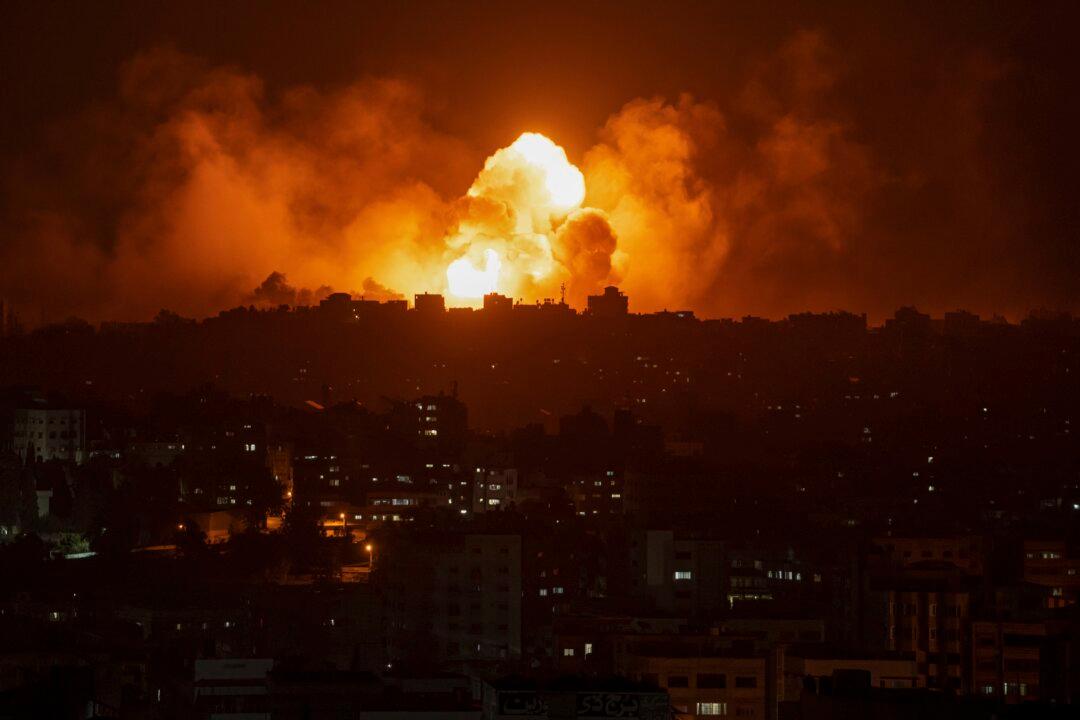Israel announced the call-up of 300,000 fresh army reservists as fighting between Israeli forces and Palestinian militants in and around the Hamas-run Gaza Strip entered its third day.
“We have never drafted so many reservists on such a scale,” Daniel Hagari, chief spokesman for Israel’s military, said on Oct. 9.





